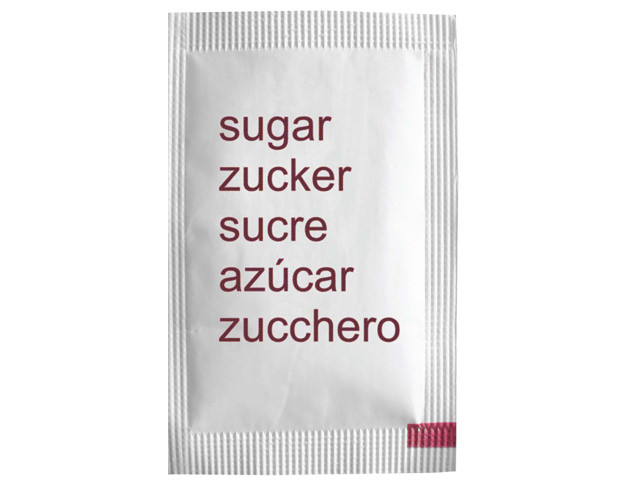Commerce ministry accuses provinces of inaction
Prices continue to surge, retailing as high as Rs125 per kg.

“Despite repeated requests from my ministry as well as from the Trading Corporation of Pakistan (TCP), provincial governments have not made any move to pick up sugar that has already been allocated to them to overcome local shortages,” said Fahim while addressing media persons after a meeting at the office of the Trade Development Authority of Pakistan.
“TCP has ample stocks of about 300,000 tons of sugar, which is enough to meet any shortage in the country and is selling sugar in the open market to meet demand, but provinces have to play their part,” explained the minister.
Fahim defended the role of TCP saying that the corporation is mandated by the Economic Coordination Committee (ECC) and is working in accordance with official instructions. However, he expressed the hope that provincial governments will soon act to address the acute shortage that has persisted despite the availability of adequate sugar stocks.
Meanwhile, the ECC has directed TCP to offload an additional 250,000 tons of sugar in the open market. “TCP has decided to allow for lifting of sugar directly from ports and warehouses which will improve the corporation’s ability to handle about 10,000 tons per day,” revealed a TCP official. The corporation has “361,154 metric tons of sugar in stock” said TCP spokesperson Khizar Hayat, adding that vessels carrying another 108,000 tons will arrive by the end of November.
The government had allocated 100,000 tons of sugar to provincial governments, in addition to the stocks being supplied to utility stores and being sold in open markets. However, the commerce minister pointed out that about 40 per cent of this stock is still lying with TCP and has not yet been picked up by relevant provincial departments.
Utility stores increase prices
The Utility Stores Corporation (USC) has announced an increase of Rs10 per kilogramme (kg) in the price of sugar. The latest hike has taken the price of the sweetener in these discounted stores to Rs66 per kg. Meanwhile, officials of USC and TCP have asserted that stores are well stocked and sugar is available in ample quantities.
In retail markets, however, the sweetener is becoming dearer and prices have sky rocketed in recent days. The sweetener is now selling at about Rs85 per kg in the wholesale market in Karachi, while rates have surged as high as Rs125 per kg in retail markets across the country.
TCP continues offloading to open markets
TCP sold 10,000 tons of sugar in the open market on Monday. The bids were awarded to the highest bidders at a rate of Rs77,500 per ton.
Bids from 39 different parties from all over the country were received, according to official release by TCP. The rates quoted in the tender ranged between Rs60,000 and Rs77,500 per ton.
“Lifting of these stocks will commence immediately and will be completed within the next seven days,” a TCP official told The Express Tribune.
The next tender is scheduled to be opened and awarded on November 10. Meanwhile federal ministry for food and agriculture has issued asked TCP to bring its stocks to the open market to curtail the persisting crisis.
Published in The Express Tribune, November 9th, 2010.



















COMMENTS
Comments are moderated and generally will be posted if they are on-topic and not abusive.
For more information, please see our Comments FAQ